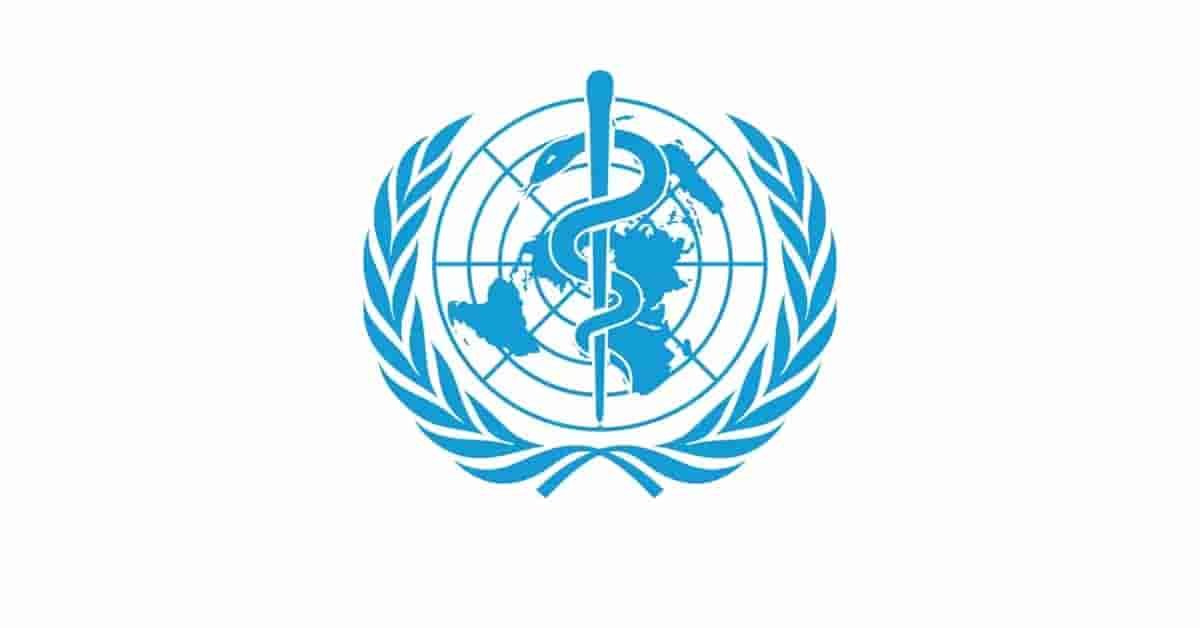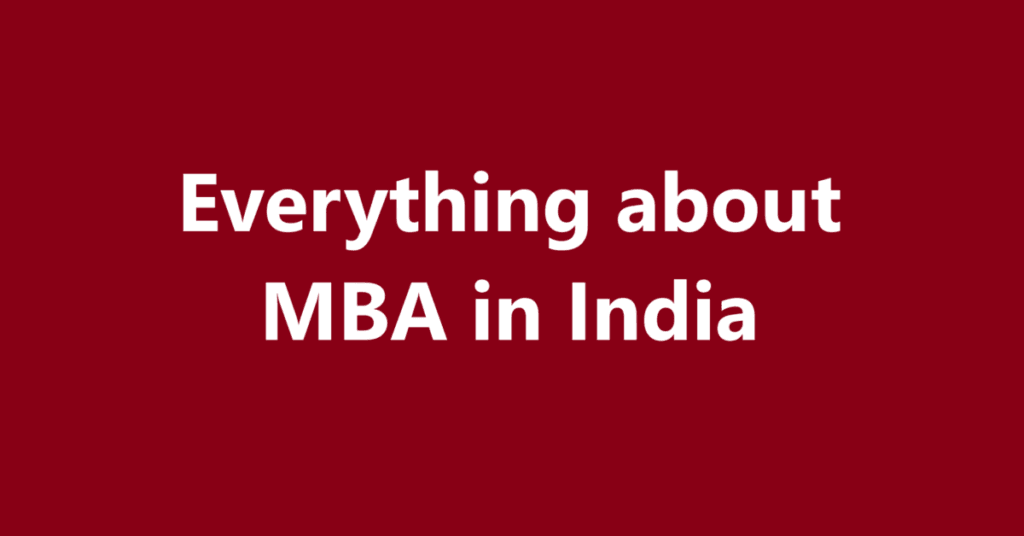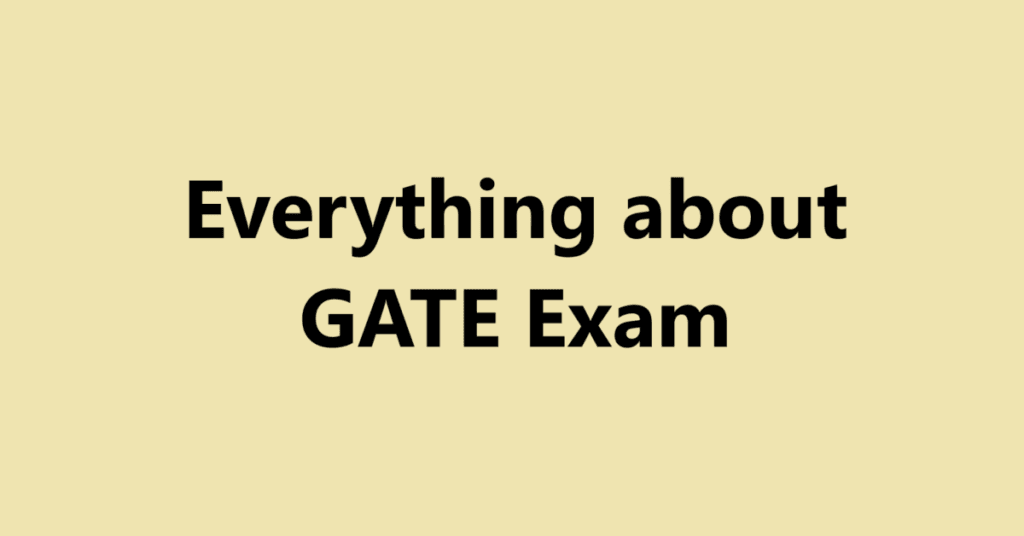WHOA! FAQs and Everything Else You Ever Wanted to Know About the World Health Organization!
All right, health enthusiasts, global citizens, and anyone who’s ever even vaguely wondered about that “WHO” acronym they see popping up everywhere – buckle up! We’re diving DEEP into the world of the World Health Organization, exploring everything from its humble beginnings to its vital (and sometimes controversial) role in shaping global health as we know it. Get ready for a whirlwind tour of acronyms, accomplishments, challenges, and everything!
From Post-War Optimism to Global Health Guardian: A Brief History of the WHO
Imagine a world ravaged by war, desperate for connection and cooperation. That’s the backdrop against which the WHO was born in 1948! Following the devastation of World War II, nations recognized the crucial need for a united front in tackling global health challenges. They envisioned an organization that could act as a leading authority on international health within the United Nations system. And BOOM! The World Health Organization emerged, dedicated to achieving the highest possible level of health for all people.
Think of it like this: pre-WHO, health initiatives were often fragmented and localized. The WHO stepped in to provide a coordinated, standardized, and evidence-based approach to tackling diseases, promoting well-being, and ensuring access to essential healthcare services across the globe. Pretty amazing, right?
What EXACTLY Does the WHO Do? A Mission Breakdown!
Okay, so we know they’re important, but what exactly does the WHO do on a day-to-day basis? Get ready for a comprehensive overview:
- Setting Norms and Standards: Think of the WHO as the ultimate health rulebook writer. They develop guidelines, recommendations, and standards on everything from food safety and air quality to diagnostic testing and treatment protocols. These standards are used by countries worldwide to ensure consistent and high-quality healthcare. Imagine a world without standardized vaccinations or reliable disease reporting – scary, huh? The WHO keeps things running smoothly!
- Providing Technical Support: The WHO isn’t just about writing rules; they’re also about helping countries implement them! They offer technical assistance, training, and resources to strengthen national health systems, build capacity, and improve health outcomes. This could involve anything from training healthcare workers in rural communities to providing expertise on managing disease outbreaks. It’s like having a global health consultant on speed dial!
- Monitoring and Responding to Health Crises: This is where the WHO REALLY shines. They’re the global early warning system for health emergencies! The WHO monitors disease outbreaks, assesses risks, and coordinates international responses to pandemics, epidemics, and other health crises. Remember the COVID-19 pandemic? The WHO played a crucial role in tracking the spread of the virus, providing guidance on prevention and treatment, and coordinating global research efforts. They’re essentially the firefighters of the global health landscape, always ready to jump into action!
- Conducting Research: The WHO is a powerhouse of research and knowledge. They conduct and support research on a wide range of health topics, from infectious diseases and chronic conditions to mental health and environmental health. This research informs policy decisions, guides the development of new technologies, and helps us better understand the factors that influence health and well-being. They’re constantly pushing the boundaries of medical knowledge!
- Advocating for Health: The WHO acts as a powerful advocate for health at the global level. They work with governments, international organizations, and civil society groups to promote health policies, raise awareness about health issues, and mobilize resources for health programs. They’re the voice for the voiceless, championing the right to health for all!
WHO’s Greatest Hits: Triumphs That Changed the World!
The WHO has racked up some seriously impressive achievements over the years. Here are just a few of the highlights:
- Eradication of Smallpox: This is arguably the WHO’s crowning glory! Smallpox, a devastating disease that plagued humanity for centuries, was officially eradicated in 1980 thanks to a massive global vaccination campaign led by the WHO. This is proof that global cooperation can achieve the impossible!
- Polio Eradication Initiative: While not yet fully eradicated, polio is on the verge of being wiped off the face of the earth thanks to the WHO’s tireless efforts. This is another monumental achievement that will save countless lives and prevent lifelong disability.
- Reducing Child Mortality: The WHO has played a significant role in reducing child mortality rates worldwide. Through programs focused on vaccination, nutrition, and access to healthcare, millions of children are now surviving and thriving.
- Combating HIV/AIDS: The WHO has been at the forefront of the fight against HIV/AIDS, working to prevent new infections, provide access to treatment, and support people living with HIV. They’ve helped to transform the global response to this devastating pandemic.
Navigating the Storm: Challenges and Controversies
Let’s be real, no organization is perfect, and the WHO has faced its share of challenges and controversies. Here are a few key areas:
- Funding: The WHO relies heavily on voluntary contributions from member states and private donors. This can make it vulnerable to political influence and funding fluctuations. Ensuring stable and predictable funding is crucial for the WHO to carry out its work effectively.
- Bureaucracy: Like any large organization, the WHO can sometimes be slow and bureaucratic. This can hinder its ability to respond quickly and effectively to emergencies. Efforts are constantly underway to improve efficiency and streamline processes.
- Political Interference: The WHO’s decisions can sometimes be influenced by political considerations. Balancing the interests of different member states while maintaining their scientific integrity is a constant challenge.
- Criticism During Pandemics: The WHO has faced criticism for its handling of past pandemics, including the H1N1 flu pandemic in 2009 and the COVID-19 pandemic. These criticisms have focused on issues such as transparency, speed of response, and effectiveness of communication.
Looking Ahead: The Future of the WHO
Despite the challenges, the WHO remains an indispensable organization for global health. As we face new and emerging health threats, the WHO’s role will only become more critical. Some key priorities for the future include:
- Strengthening pandemic preparedness: Learning from the COVID-19 pandemic, the WHO is working to improve global capacity to prevent, detect, and respond to future outbreaks.
- Addressing health inequities: The WHO is committed to ensuring that everyone has access to essential healthcare services, regardless of their socioeconomic status or geographic location.
- Promoting health for all: The WHO is working to address the underlying determinants of health, such as poverty, inequality, and environmental degradation.
- Embracing innovation: The WHO is exploring new technologies and approaches to improve health outcomes, such as telemedicine, mobile health, and artificial intelligence.
FAQs About the WHO
1. What is the main mission of the WHO?
The primary mission of the World Health Organization is to “achieve the highest possible level of health for all people.” They strive for equity in health and access to essential healthcare services globally.
2. How does the WHO get its funding?
The WHO is funded through a combination of assessed contributions from its 194 member states and voluntary donations from both public and private donors.
3. Can individuals work for the WHO?
Yes! The WHO employs health professionals, scientists, and administrative staff globally. Open positions can usually be found on their official website.
4. What is the WHO’s role during pandemics?
During pandemics, the WHO monitors disease spread, provides guidelines for prevention and treatment, and coordinates international research and response efforts.
5. Are the WHO’s guidelines mandatory for countries?
While their guidelines are not legally binding, countries often adopt them to align with global health norms and standards.
So, there you have it!
A deep dive into the fascinating world of the WHO. It’s an organization that is constantly evolving and adapting to meet the challenges of a changing world. While not without its flaws, the WHO remains a vital force for good, working tirelessly to improve the health and well-being of people around the globe.
Now it’s your turn! What are your thoughts on the WHO? What do you think are the biggest challenges facing global health today? Let’s start a conversation in the comments below! And don’t forget to share this post with your friends and family – let’s spread the word about the incredible work of the World Health Organization!


